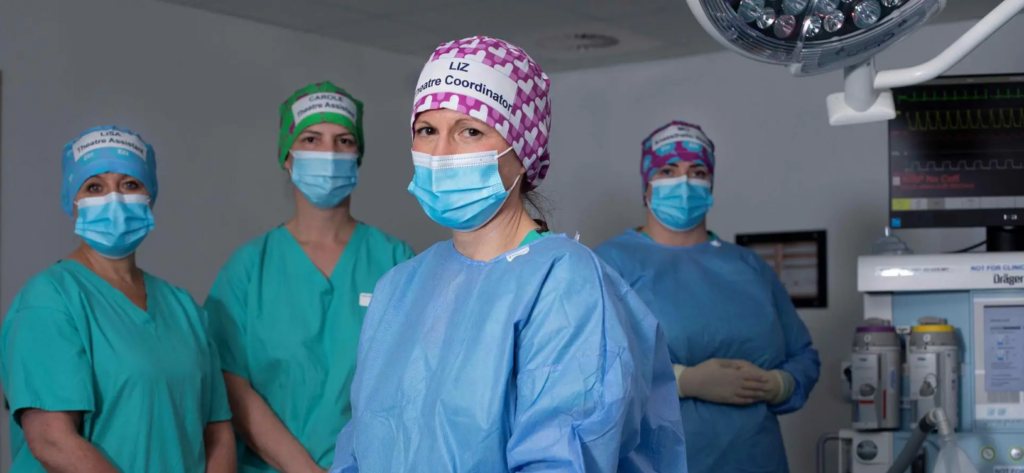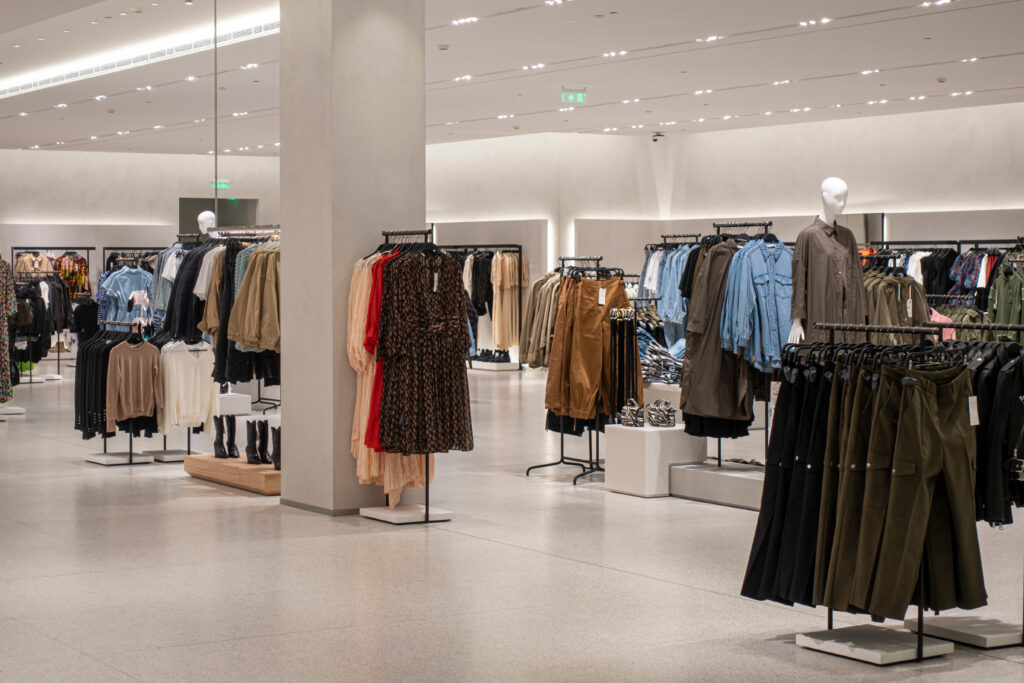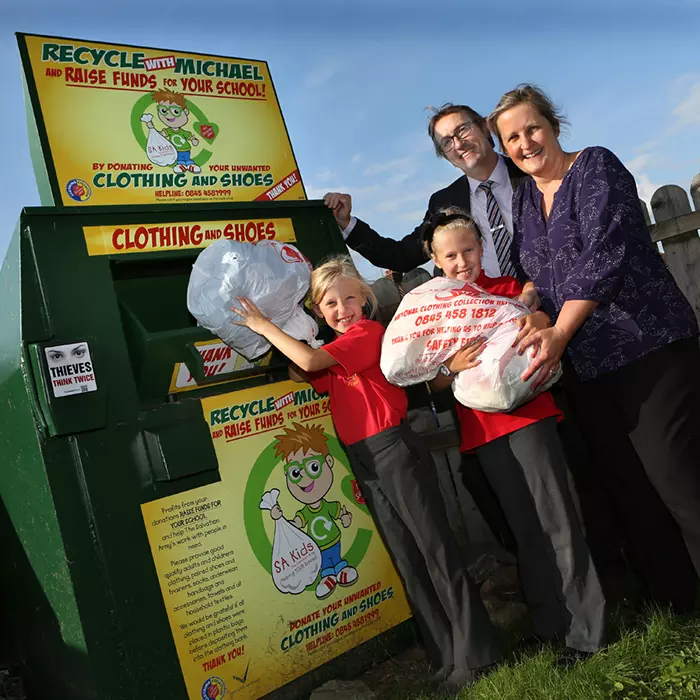The Golden Jubilee University National Hospital is the first to use the caps which were developed as part of a research project being led by the University of Strathclyde and Heriot-Watt University.
The project aims to reduce waste created by single-use disposable theatre cap products used by NHS Scotland while alleviating patient anxiety and improving the identification of theatre staff roles.
Heriot-Watt University said that around 800,000 single-use disposable theatre caps are consumed every year in Scottish hospitals.
The caps are made from a cellulosic fibre derived from a plant-based material.
Dr Lisa Macintyre, associate professor in textile technology at Heriot-Watt’s School of Textiles and Design, said: “The caps have been carefully developed at our facilities to establish the most sustainable and comfortable materials and most efficient printing methods. We will be ensuring they meet the high standards required for medical use while maintaining their eco-friendly properties.”
The theatre caps were designed in collaboration with NHS Golden Jubilee theatre staff who will now test the caps to assess their potential for wider adoption across NHS Scotland.
Design HOPES project
The theatre caps project is part of the wider Healthy Organisations in a Place-based Ecosystem, Scotland project (Design HOPES project).
It aims to address distinct challenges posed by the climate crisis including, but not limited to, realising net zero goals.
Led by profession Paul Rodgers at the University of Strathclyde and professor Mel Woods at the University of Dundee, it was recently awarded over £4.6 million by the Arts and Humanities Research Council (AHRC).
Dr Euan Winton, assistant professor of design at Heriot-Watt University, commented: “NHS Scotland faces massive resource-driven issues, with millions of single-use disposable theatre caps going to incineration in Scotland annually. The new sustainable theatre caps represent a crucial step in addressing this significant wastage and demonstrating the power of design in tackling environmental challenges in healthcare.
“Our specialist School of Textiles and Design in the Scottish Borders is proud to be part of the Design HOPES GTE Hub tackling a broad range of global challenges, using our expertise to find new and innovative solutions to sustainability. Along with Professor Paul Rodgers of the University of Strathclyde, we are working closely with user groups to create new products that are fit for purpose. We’ve worked closely with theatre staff on the design of the new caps and feedback has shown they will have other benefits like reducing anxiety among patients.”











Subscribe for free